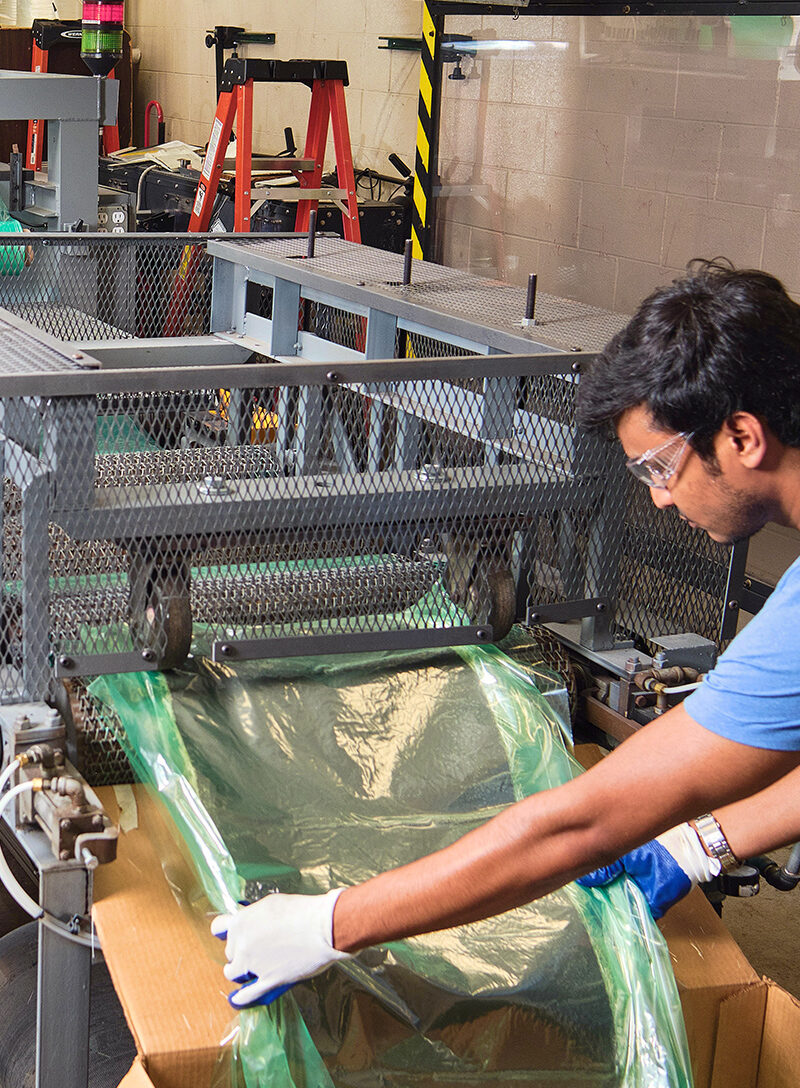Online Graduate Certificate in Reliability and Maintainability Engineering
Reliability and Maintainability Engineering
Program Overview
Are you ready to level up your engineering career? The University of Tennessee, Knoxville, provides an online Graduate Certificate in Reliability and Maintainability Engineering (RME) for individuals who have completed at least a bachelor’s degree in engineering or are currently enrolled in a graduate engineering program. Offered by the Tickle College of Engineering, our RME Graduate Certificate features multiple program concentrations, so you can deepen your knowledge in various areas that will help advance your career.
Why Earn an Engineering Graduate Certificate?
The Reliability and Maintainability Engineering (RME) Graduate Certificate program is an interdepartmental initiative for students pursuing careers in Reliability and Maintainability Engineering. It is also suitable for professionals and managers currently working in the field who want to improve their knowledge and skills. Depending on the selection of courses, courses are delivered synchronously or 100% asynchronously.
Request Information
Program Concentrations
Students have the choice of multiple program concentrations for the Reliability and Maintainability Engineering Graduate Certificate which include the following:
Featured Courses
The graduate certificate in reliability and maintainability engineering consists of two core courses and two elective courses; here are a few examples of the elective courses:
Application of classical statistical techniques to industrial engineering problems. Statistics and statistical thinking in the managerial context of organizational improvement; descriptive statistics and distribution theory; the relationship between statistical process control techniques and classical statistical tools; parameter estimation and hypothesis testing; goodness-of-fit testing; linear regression and correlation; analysis of variance; single and multiple factor experimental design.
The course will focus on introducing students to reliability and maintainability and the impact of Lean on the reliability of complex systems. It will also introduce students to specific case studies of system failures and ask them to develop solutions by considering different dimensions, including financial, technical feasibility, risk, safety, security, and others. Multi-criteria decision-making methodologies will be presented to allow students to make decisions when different criteria lead to conflicting solutions.
The three types of prognostic techniques will be introduced with theoretical foundations, assumptions, and data requirements: Conventional reliability-based using failure times (e.g., Weibull analysis), population-based with environmental considerations (e.g., proportional hazards modeling), and individual-based (e.g., general path model).
Qualitative and quantitative techniques for assessing and improving process systems reliability and safety. Probabilistic risk assessment, event tree analysis, fault tree analysis, statistical inference, and associated dependent failure analysis. This is the graduate version of NE 485 and requires additional assignments and expectations for graduate students.








